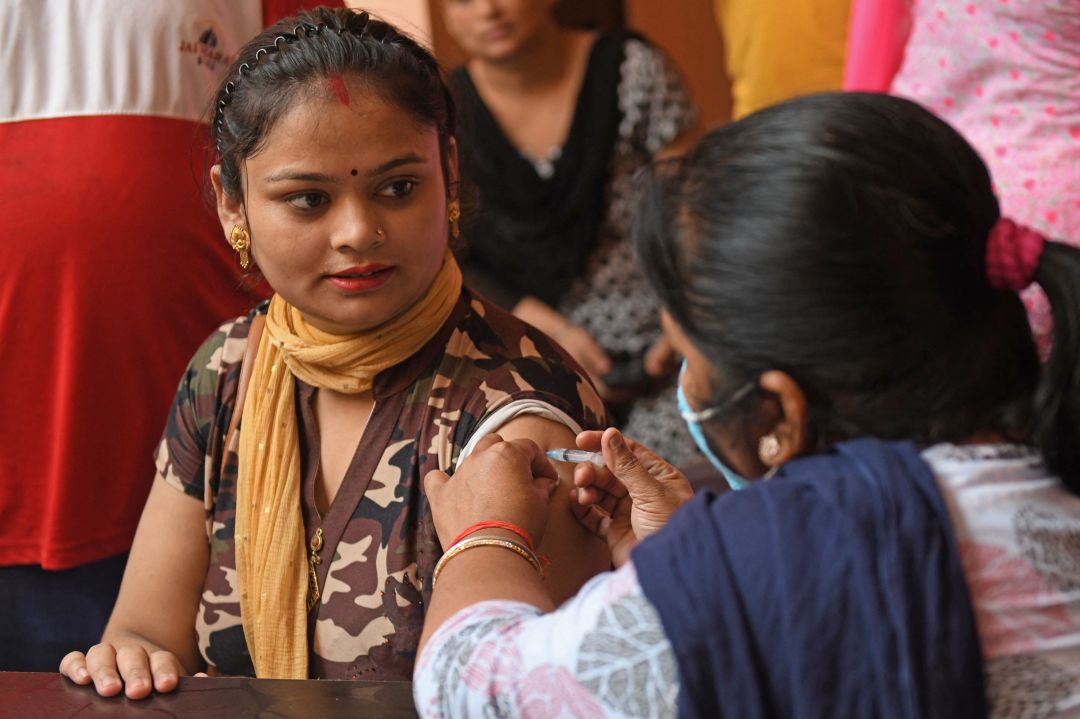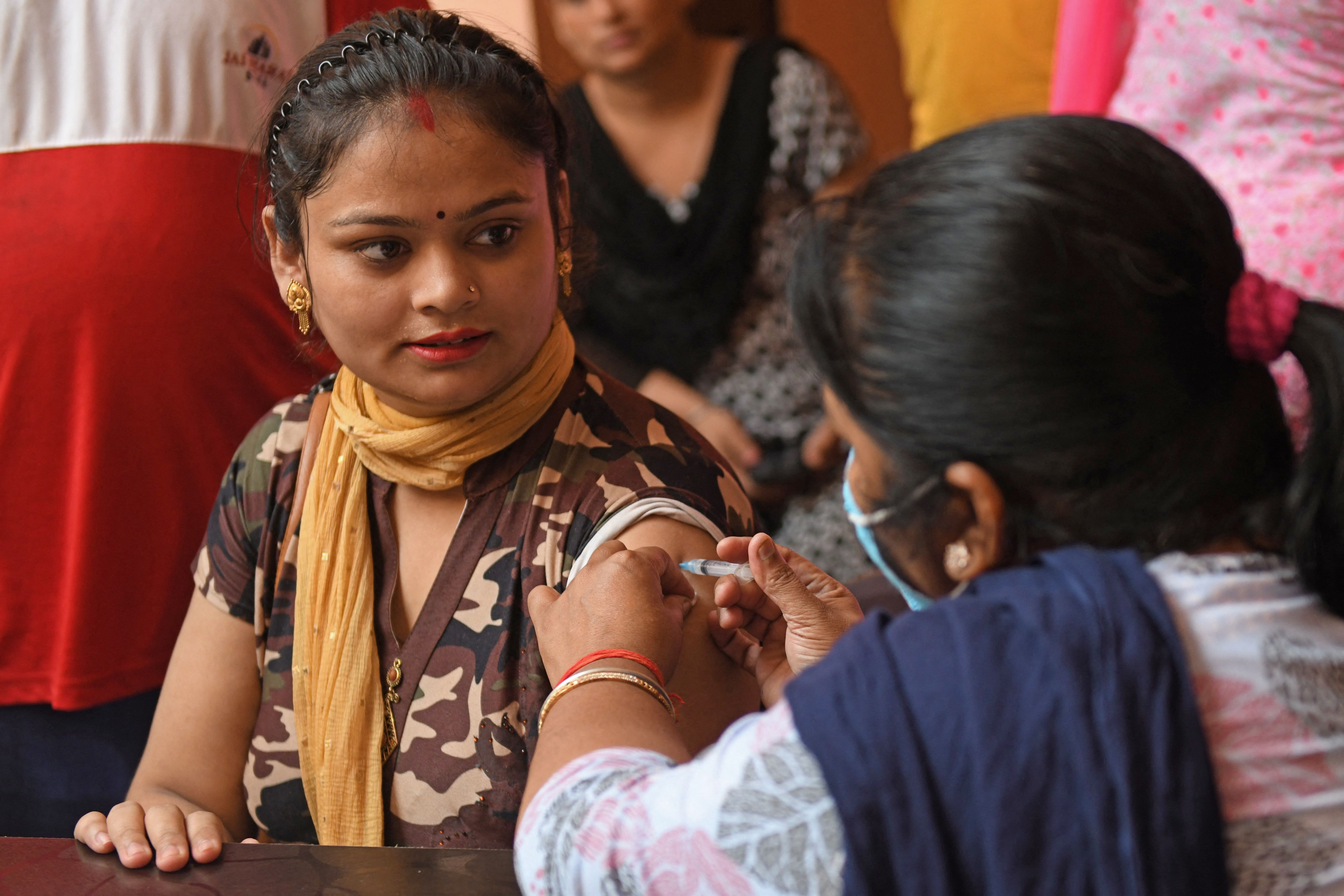Every now and again, Gordon Brown makes a decent point – as he does today, pointing out that 80 per cent of the jabs have gone to the 20 richest countries. Tedros Adhanom Ghebreyesus, World Health Organisation chief, warned in January that ‘even as vaccines bring hope to some, they become another brick in the wall of inequality between the world’s haves and have-nots.’ MPs rebel over cutting aid. But send vaccines to overseas pensioners, when they could be heading for the arms of British schoolchildren? Here, they fall silent. Ethically, it’s a far harder question.
When Covid vaccines were still a hypothetical, the moral dilemma was clear. Once a country has vaccinated its at-risk groups (ie, the over-50s) it would have massively downgraded the potency of Covid-19. Britain’s third wave, for example, infected just as many people as the second but with just a quarter of the hospitalisations and just 6 per cent of the deaths. It’s a miracle of science, but a miracle that rich countries are hoarding. In Indonesia, for example, more than a thousand a day are dying of Covid but just 15 per cent have been vaccinated.
Perhaps the trickiest argument is the already-immune: those who have recovered from Covid, test positive for antibodies and do not see why how they pose any more of a risk than someone who has been double-jabbed. The UK strategy is to continue to make life difficult for such people (via quarantine, vaccine passports etc) until they take a jab. But how to justify pressurising people to take a vaccine that may serve little medical purpose for them, but could save a life in the third world? A year ago, it was argued that natural immunity can wane. But studies since show durable protection, especially via memory cells. This report in Cell Reports Medicine offers a useful summary of the latest science.
As a former Prime Minister, Gordon Brown does have a pulpit – and need not fear going against the grain. So as well as raising the issue of vaccine equality, he might also discuss the ethical case for jabbing the already-immune at a time of global vaccine shortage.








Comments